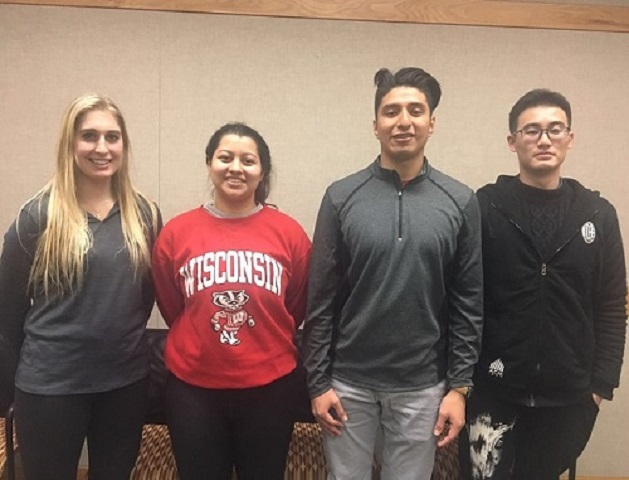Use of pH or glucose probes to diagnose compartment syndrome
Project Overview
Acute compartment syndrome (ACS) impacts many trauma patients and presents medical providers with perplexing dilemmas regarding the diagnosis and treatment of this condition. ACS diagnosis is most frequently based on clinical examination findings,but, clinical scenarios arise where examination is not possible. In these cases objective data are needed to confirm the diagnosis. Intracompartmental (IC) pressure measurement is the current standard of care when clinical evaluation is not possible. The use of IC pressure measurements has three major flaws. First, the recommended pressure threshold for decompression is not clear. Secondly, IC pressure measurements have an alarmingly high false positive rate. Finally, limb positon and acquisition location can significantly alter the results of an IC pressure reading.These issues with IC pressure measurements highlight the possibly of ACS misdiagnosis, resulting in either overtreatment patients with the morbidity of unnecessary fasciotomies or undertreatment of patients resulting in permanent dysfunction.
Biochemical markers could be more sensitive and specific than pressure readings for determining muscle hypoxia and therefore for diagnosing the critical underlying pathology in acute compartment syndrome. Glucose, lactate, and pyruvate levels can detect muscle ischemia in situations of arterial occlusion, venous hypertension, and hypoperfusion. Previously working is the study of utility of intracompartmental glucose concentration and partial pressure of O2 and diagnosis on data on pH concentrations on compartment syndrome. Most animal studies pH and glucose measurements are able to detect compartment syndrome.
The focus of this project would be designing a device that is easy for clinicians to place in muscle compartments and quickly and accurately measure pH and or glucose concentration.
Team Picture

Files
- Final_report-ACS_pH_Sensor (May 2, 2018)
- PDS (February 9, 2018)
- Preliminary Presentation (March 2, 2018)
- Preliminary Report (March 7, 2018)
- 301-Tong-34-Compartment_Syndrome-Executive Summary (April 20, 2018)
Contact Information
Team Members
- Jahnavi Puranik - Team Leader
- Haleigh Simon - Communicator & BSAC
- Jiayi Lin - BWIG
- Cristian Naxi - BPAG
Advisor and Client
- Prof. Melissa Skala - Advisor
- Dr. Christopehr Doro - Client
- Alexander Siy - Alternate Contact
Related Projects
- Spring 2020: Use of pH or glucose probes to diagnose compartment syndrome
- Fall 2019: Use of pH or glucose probes to diagnose compartment syndrome
- Spring 2019: Use of pH or glucose probes to diagnose compartment syndrome
- Fall 2018: Use of pH or glucose probes to diagnose compartment syndrome
- Spring 2018: Use of pH or glucose probes to diagnose compartment syndrome
- Fall 2017: Use of pH or glucose probes to diagnose compartment syndrome
